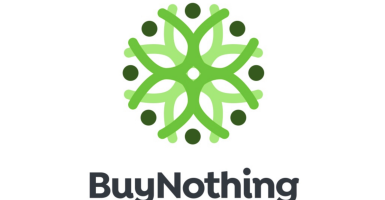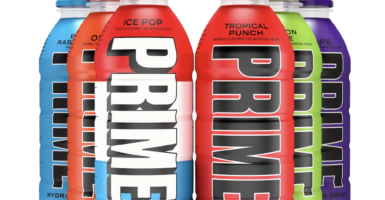World’s Largest Chocolate Factory Closes Due To Serious Health Risks
Barry Callebaut, who operates the largest chocolate factory in the world, halted production at its facility due to a serious health risk.
This article is more than 2 years old

A seemingly endless stream of recalls and factory closures have been announced as of late. Baby formula, candy, meats, snacks, strawberries, and a slew of other products have been taken off the shelves for various reasons. The uptick in tainted products has been largely attributed to staffing shortages and production stalwarts that initially emanated as a result of the pandemic. Now, in keeping with this highly concerning trend, the largest chocolate factory in the world has now announced it has temporarily closed due to the presence of salmonella in its facility.
The chocolate factory is based in Weize, Belgium, and is owned by the Barry Callebaut chocolate company. The company reported that it was forced to immediately stall operations when salmonella was detected. The company stated that they were able to identify the source of the salmonella and act quickly to halt operations because of the exceedingly strict health and safety regulations that it has put in place. Our robust food safety programs in place allowed us to quickly identify lecithin as the source of the contamination,” the chocolate factory issued in a statement. The source of the salmonella contamination was found in the ingredient lecithin. Lecithin is a fatty bonding agent used in the making of chocolate.
As a precaution, the chocolate factory said that it is moving to recall all products manufactured with the tainted lecithin between testing periods. The company also noted that they are working with Belgium’s food safety personnel to identify and then notify all customers who had potentially purchased the chocolate products. However, this could prove to be a long and arduous process because Barry Callebaut sells its chocolate to various big-name brands across the world, including ones sold in the United States. These brands include the likes of Gertrude Hawk.
Moreover, it also remains unclear what types of chocolate products were affected by the salmonella contamination. The chocolate factory produces a wide range of products ranging from candy to cocoa powder to cake mixes. Additionally, the company has not indicated whether or not they have received any reports of consumer illness related to any potentially tainted products. The company has not commented on if/when they will release a more exhaustive list of all the brands and/or the number of persons affected by the salmonella contamination.
Salmonella infections can lead to serious illness. Typical symptoms include vomiting, diarrhea, fever, nausea, abdominal cramps, and body aches. Symptoms usually present within 72 hours of exposure and subside within 7 days. Severe infections, however, can lead to dehydration and other life-threatening conditions and may require hospitalization. The very young, elderly, and immune-compromised are at the highest risk of severe infection. If you believe that you have been potentially infected by salmonella it is advised to seek medical advice immediately. This is especially true if you are amongst the more vulnerable populations.
News of the Barry Callebaut chocolate factory closure comes alongside numerous recalls issued by other candy manufacturers both domestically and internationally. Israel Strauss recalled over 100 of its chocolate products also due to salmonella concerns. Skittles, Starburst, and Life Savers also recalled swaths of their gummy products due to metal fragments being found inside the packaging.







